In late March, we arranged the “Next Era London – A new vision for democracy” workshop in co-operation with the Finnish Institute in London. Speakers included Elina Kiiski-Kataja, who works as a Senior Lead at Sitra and has authored the memorandum From the trials of democracy towards future participation, and Marcin Gerwin, the Polish participatory budgeting specialist.
We also explored current social innovations in democracy and participation, 10 of which are showcased below.
1. Groundbreaking work on participatory methods in the regional administration of Tuscany
The regional government of Tuscany has carried out groundbreaking work to introduce and establish participatory methods in the region. The work has resulted in legislative initiatives (Tuscan regional laws No. 69/2007 and No. 46/2013). The aim of the Tuscan model is to show that participatory activities can be part of regular, statutory governance by involving different levels of administration, public sector representatives and individuals at both the regional and local level. The TRPP initiative is funded almost exclusively by the regional government of Tuscany. Since the introduction of the legislation in 2007, around 170 participatory projects have been launched.
In 2005, Governor Claudio Martini concluded an agreement with social NGOs and organisations on the creation of a legal framework of reference, which is designed to strengthen and promote participatory governance and establish it as a routine that encompasses all regional decision-making processes. The aim is to ensure that the promotion and methods of public participation become standard practices, to make use of people’s’ knowledge and skills across society, and to promote dialogue and interaction between different sectors of society.
Deliberative theories are attracting attention in different fields, but too often not enough consideration is given to whether deliberative methods should be institutionalised as part of legislation and governance. There are many good examples of how deliberative methods can be used, but they are rarely established as part of regular governance processes. This raises questions about the relationship between deliberative processes and representative institutions. Italy on the whole has not been a model country for the use of participatory methods, but the regional government of Tuscany is a clear exception. Significant work has been done in the region, and the legislation introduced in 2007 is broadly based on deliberative paradigms. (Lewanski Rodolfo, 2013)
Further information:
- http://participedia.net/en/cases/tuscany-regional-participation-policy-italy
- http://www.publicdeliberation.net/cgi/viewcontent.cgi?article=1185&context=jpd
- Deliberatiivisen demokratian instituutti (in Finnish)
2. Funky Citizens, Romania
Funky Citizens is a third-sector organisation founded in 2012 to fight corruption in Romania. It has produced a set of four free online advocacy tools aimed at promoting good governance and anti-corruption. The founders of Funky Citizens say that by educating young people using a series of tools they can build the understanding and human capital necessary to influence more participatory, responsible and transparent democracy in Romania. Funky Citizens is funded by various advocacy foundations, the embassies of the USA and Canada, and Transparency International.
Further information: www.funky.ong/english/
3. Experimental Finland
The Finnish government is seeking to incorporate experimentation as part of policymaking. The website kokeilu.fi offers a platform for the further development and funding of experiments. The idea is to facilitate the process, especially for small-scale experiments. The platform offers a shared development environment that crosses regional and sectoral boundaries – something that has been missing in Finland until now – and facilitates a more communal and transparent approach to experimentation and funding. In addition, the platform offers a way to consolidate fragmented knowledge and disseminate good solutions.
Further information: http://kokeilevasuomi.fi/en/frontpage
4. “3 Things For Calgary”
The Canadian city of Calgary wanted to find a way to give citizens a voice and promote their participation in decision-making in the city. A committee set up to look at the matter by Calgary mayor Naheed Nenshi decided that citizens’ input and ideas were needed from the outset. A group toured the city and various events to gauge public opinion on what the city’s residents would like to see implemented. This led to the “3 things for Calgary” idea. The simple message attracted Calgarians in droves to post their suggestions online and identify three things that would make the city a better place to live.
Further information: http://www.3thingsforcalgary.ca/
5. G1000
The 2010 general election in Belgium led to a curious situation. The parties were unable to reach a consensus on government, and the country ended up being without a government for a period of 589 days, which lasted into 2011. During that period, a forum called G1000 was set up to enable public debate on the future of democracy in Belgium. The project started with a citizens’ summit of 1,000 randomly selected Belgians. The event was organised by an informal citizens’ movement, whose manifesto stated that if politicians couldn’t find solutions to society’s challenges, people could – by coming together to create an agenda, discuss and drive their solutions forward. The aim of G1000 was to breathe fresh life into and help loosen the deadlock in Belgian democracy. The initiative produced a long list of thoughts and ideas. Although G1000 didn’t lead to any reform per se, it seems that the opportunities for public discussion it created have played an important role in the country’s debate on democracy, and some of the ideas on new forms of democracy have been adopted by Belgian political parties and institutions. Further G1000 meetings have since been organised in a number of other countries.
Further information: http://www.g1000.org/en/index.php
6. Melbourne People’s Panel
The city of Melbourne has produced a 10-year economic plan, the first of its kind. The aim of the plan is to ensure that Melbourne continues to be a desirable place to live while maintaining a stable economy.
Melbourne City Council wanted to set up a people’s panel to review the plan. The panel consisted of 43 members, including business representatives, students and ordinary residents. Around 50% of panel members were representatives of the local economy and the other 50% were private individuals.
The panel produced a set of recommendations on how the budget (the equivalent of five billion euros) should be allocated over the 10-year period. The panel members had full access to the city’s fiscal and economic data and information resources. The panel reached a consensus through a series of discussions and submitted its recommendations to the city council.
Further information: http://participedia.net/en/cases/city-melbourne-peoples-panel
7. Social security planning with citizens
In 2016, a panel of 2,000 citizens contributed to plans for Scotland’s social security reform. The idea was to engage various groups of people to contribute their views on social security. The participants included service users, experts, NGOs and politicians. Open feedback channels and workshops were used in the process. Scotland uses public consultation to support decision-making in various areas, and the government has created the Citizen Space platform where citizens can view all current participatory processes.
Further information:
- The social security reform process: https://consult.scotland.gov.uk/social-security/social-security-in-scotland/user_uploads/consultation-on-social-security-in-scotland—full-version.pdf
- Citizen Space: https://consult.scotland.gov.uk/
8. Atlas of the Future
Atlas of the Future is a website which publicises interesting futures projects that are aimed at promoting a better society and a democratic approach to futures thinking. According to the website’s ethos, everyone should have the right to contribute in futures topics and discussions that have an effect on all of our lives. Users can publish futures projects on the website and seek funding, networking opportunities and advice. The aim is to facilitate various forms of participation in the projects and offer ideas that can be incorporated into futures work specifically from the point of view of a better society and better world.
Further information: http://atlasofthefuture.org/
9. Science, technology and public dialogue for policymaking
Sciencewise is a British programme for promoting the inclusion of scientific and technological viewpoints and public dialogue in decision-making and policymaking by central government. Sciencewise offers funding and expert assistance for government agencies and ministries to help them promote public dialogue and make use of it in decision-making. The contributors to Sciencewise note that there is increasing evidence of the benefits of involving the public in different stages of policymaking. This form of engagement helps to take advantage of knowledge which might otherwise be overlooked. Public debate and dialogue can, however, be challenging for agencies and operators with no prior experience of the approach. This is where Sciencewise can help.
Further information: http://www.sciencewise-erc.org.uk/cms/
10. NHS Citizen
In 2013, the National Health Service (NHS) in England set up a team to draw up a plan for giving citizens a more active role in NHS decision-making. The aim was to give people a direct channel to allow them to speak to the Board of the NHS and give leaders a better idea of people’s opinions and thoughts on the NHS. This led to the creation of a biannual Citizen Assembly, attended by members of the public and the NHS Board.
The agenda for the meetings was based on an open consultation process. A review of the programme notes that it was designed to support a more democratic decision-making approach in NHS England. In contrast, feedback from the participants of the Citizen Assemblies indicated that they did not see how their participation could influence decision-making in the NHS in real terms. The project is currently on hold.
Further information:
- http://participedia.net/en/cases/nhs-citizen
- https://www.england.nhs.uk/participation/get-involved/how/nhs-citizen/
See also: Five interesting thinkers and doers – democracy
Sitra and Demos Helsinki have together launched the Next Era – work to create a vision aimed at reforming the Nordic model and establishing the next era of well-being. With the Next Era, we want to create a common understanding of the change taking place in the world and of sustainable well-being, in which Nordic values – the widespread participation of people, a high level of trust and fairness – are valued and promoted.
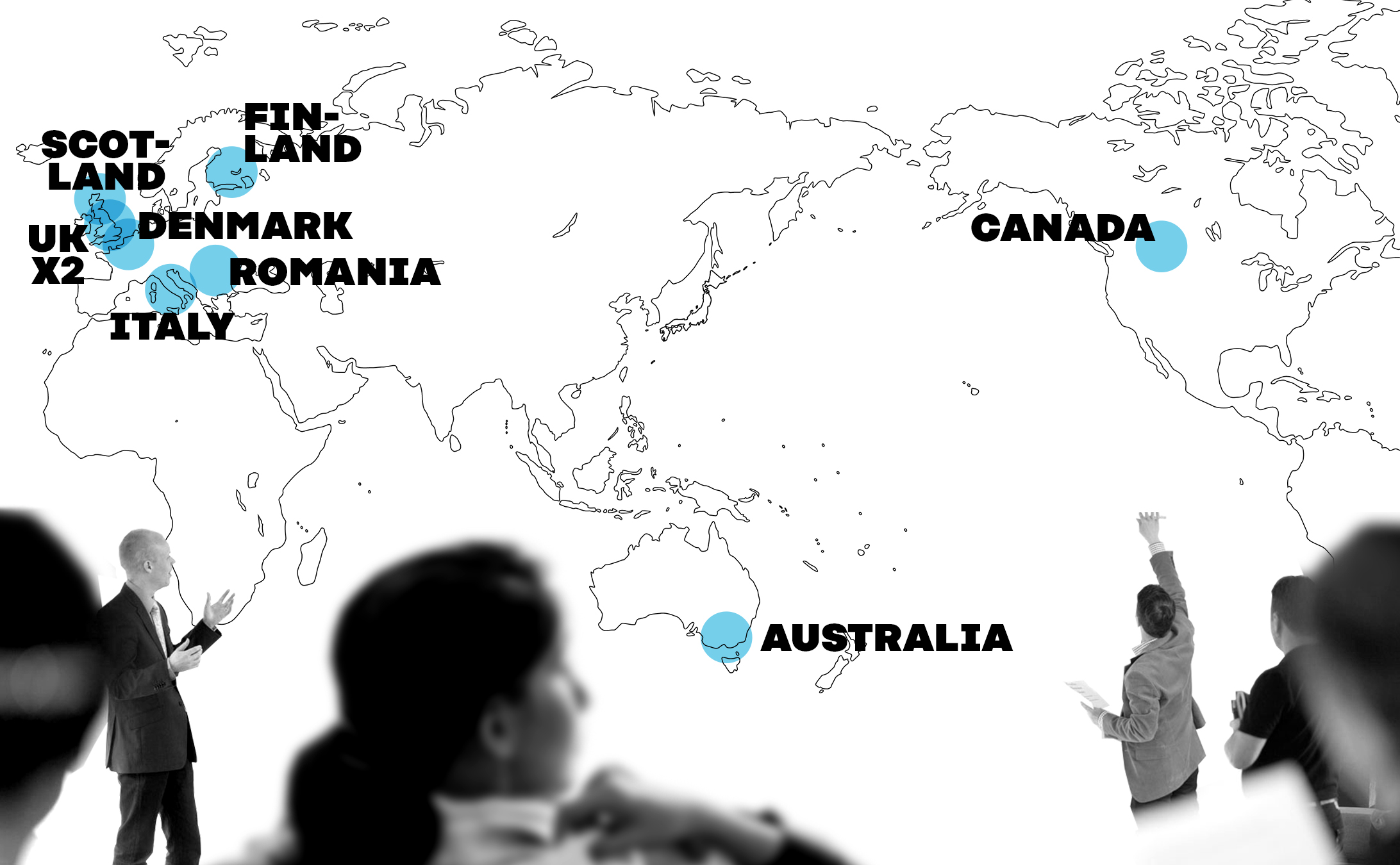
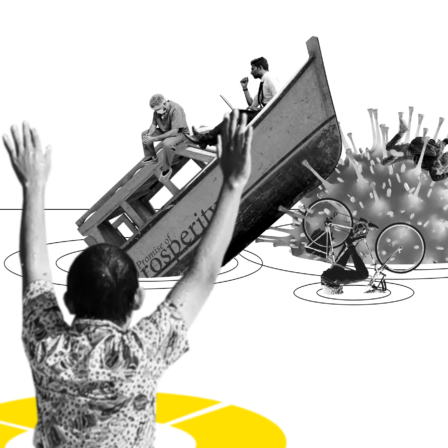

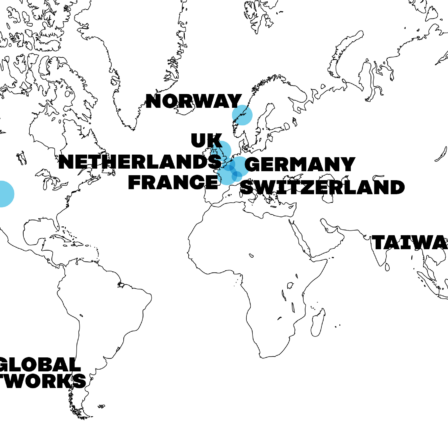


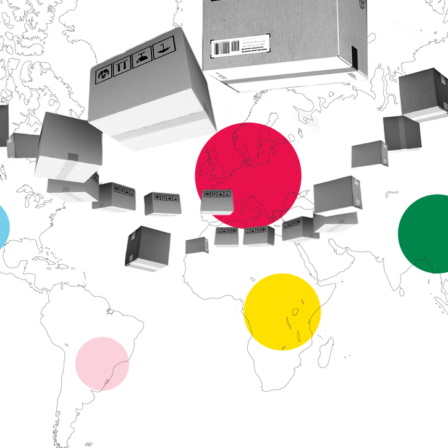
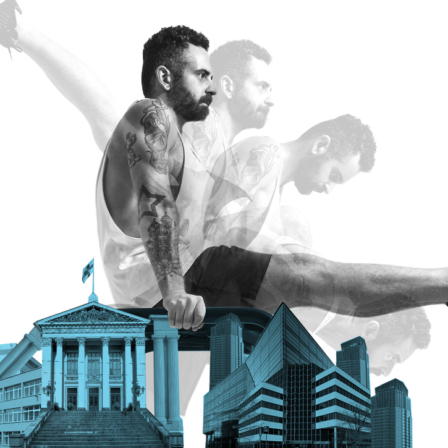
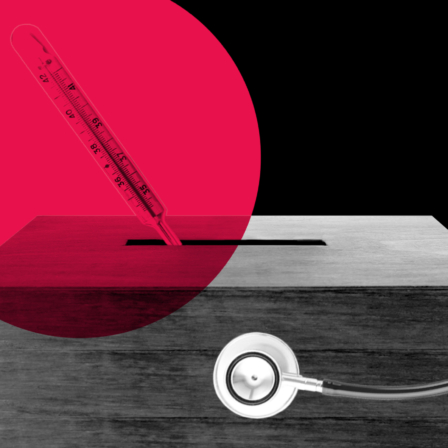
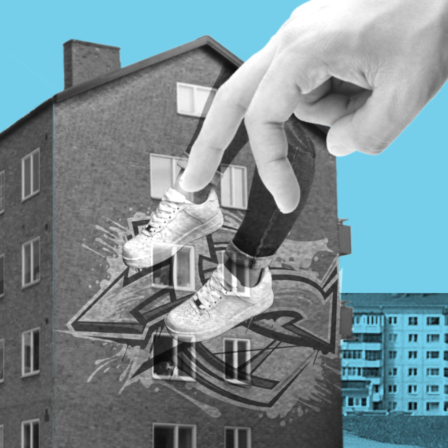
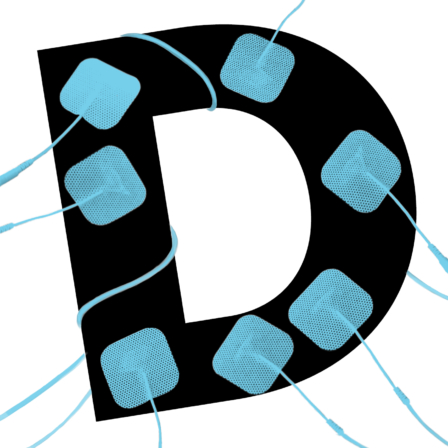
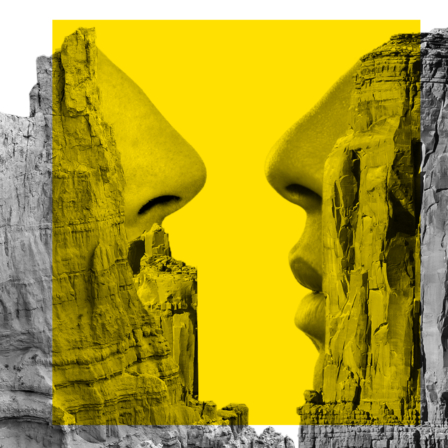
Recommended
Have some more.